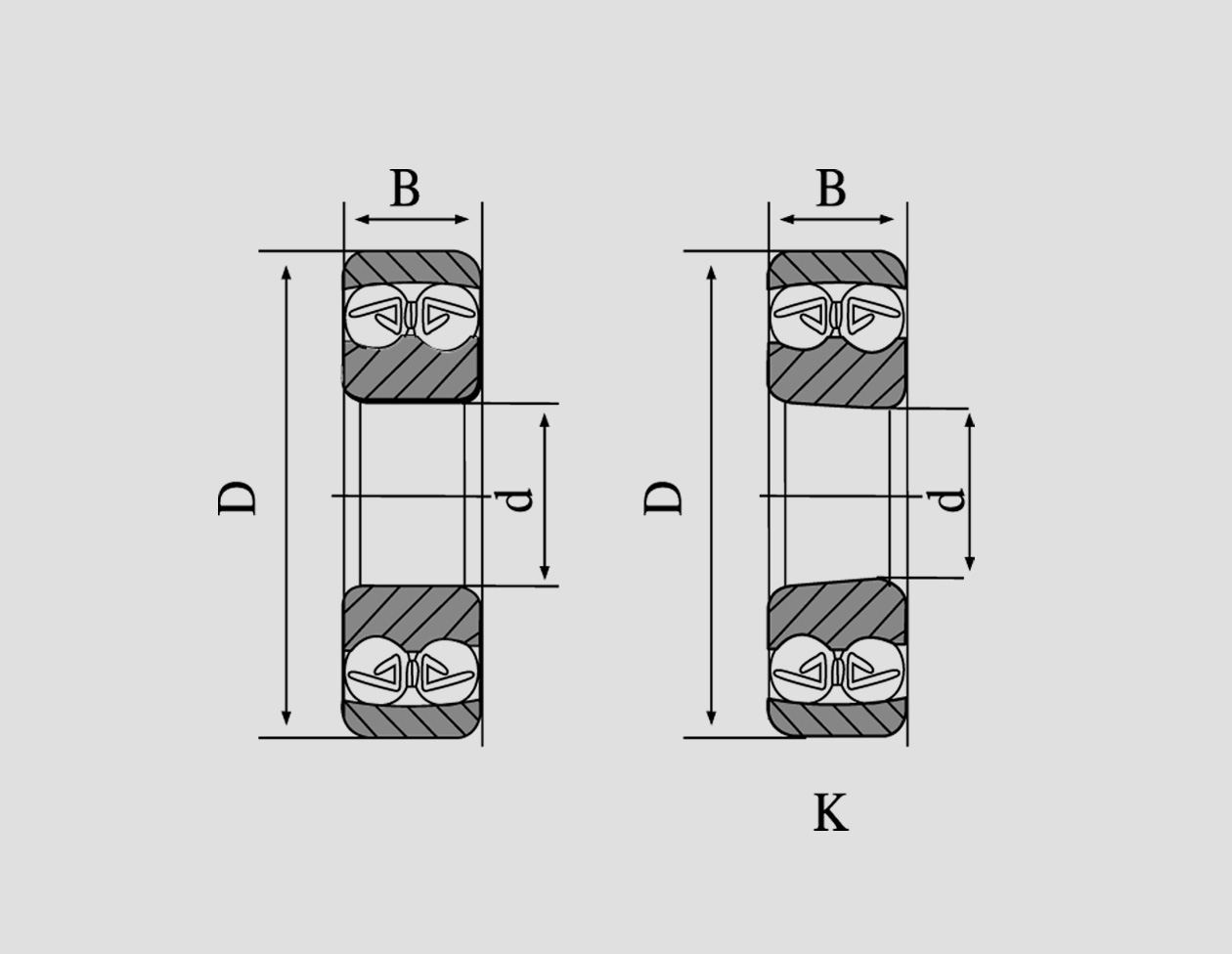
Sep . 14, 2024 23:22 Back to list
angular contact ball bearing single row
Angular Contact Ball Bearings An Overview of Single Row Designs
Angular contact ball bearings are a crucial component in various mechanical systems, offering high precision and performance in managing axial and radial loads. Among the different types available, single row angular contact ball bearings are particularly popular due to their specific characteristics and advantages.
Design and Structure
Single row angular contact ball bearings consist of an inner ring, an outer ring, a cage, and a set of balls. The design features an angle between the line of action of the load and the radial plane of the bearing. This angle allows the bearing to accommodate both radial and axial loads, making it highly versatile. The configuration of the bearing is such that the balls make contact with the raceways at a precise angle, which leads to enhanced stability under various operating conditions.
Key Characteristics
One of the defining characteristics of single row angular contact ball bearings is their ability to handle combined loads. This means they can take on both axial and radial forces simultaneously, making them ideal for applications where loads are not purely radial or axial. The single row configuration allows for more compact designs, which is essential in applications with space constraints.
Additionally, these bearings offer lower friction and heat generation during operation compared to other bearing types. This efficiency contributes to a longer lifespan and reduced maintenance needs, which are critical factors for industries looking to minimize downtime and operating costs.
Applications
angular contact ball bearing single row

Single row angular contact ball bearings are commonly used in various industries, including automotive, aerospace, and manufacturing. They are essential in applications such as electric motors, pumps, gearboxes, and machine tools. In the automotive sector, for instance, they can be found facilitating smooth rotation in components like wheel hubs and transmissions, where precision and reliability are paramount.
The aerospace industry also benefits from these bearings due to their lightweight yet sturdy construction, essential for maintaining performance under extreme conditions. Additionally, their ability to endure high speeds makes them suitable for applications in turbines and compressors.
Advantages
The advantages of single row angular contact ball bearings are manifold. Their design allows for minimal friction, which is crucial in high-speed applications. Moreover, they are capable of operating at high temperatures without significant performance degradation. Their versatility extends to the ability to accommodate a range of shaft diameters and load capacities, making them customizable for specific applications.
Furthermore, these bearings can be easily integrated into existing systems, providing a straightforward solution for companies looking to upgrade their machinery without extensive modifications.
Conclusion
In summary, single row angular contact ball bearings play a vital role in modern machinery and equipment. Their unique design ensures effective load management, making them indispensable in various industrial applications. As industries continue to seek higher efficiencies and performance standards, the relevance of angular contact ball bearings will undoubtedly grow, marking them as essential components in the evolving landscape of engineering and manufacturing. Whether for aerospace, automotive, or general industrial uses, these bearings offer a combination of reliability, efficiency, and customization that meets the demands of today's technology-driven world.
Latest news
-
Grooved Ball Bearing Design and Functionality
NewsJun.04,2025
-
Concrete Mixer Bearing Load Capacity Testing
NewsJun.04,2025
-
6004 Bearing Dimensions in Robotic Joint Designs
NewsJun.04,2025
-
Advantages of Single-Row Deep Groove Ball Bearings
NewsJun.04,2025
-
Applications of Deep Groove Ball Bearings in Automotive Systems
NewsJun.04,2025
-
Innovations in Bearing Pressing Machine Design
NewsJun.04,2025
